PHUKET: The word ''sustainability'' needs to be shouted far and wide on Phuket but it's barely heard above a whisper so far.
This week, two of Phuket tourism's most influential people met with Vice Governor Dr Sommai Preechasin at Phuket Provincial Hall in Phuket City.
Simon Pickup is the Sustainable Tourism Manager for ABTA, the British travel association, while Spain's Arantxa Garcia is Head of Sustainable Development for TUI travel.
Both organisations are hugely influential, particularly with agents and tour groups.
The fact that ''sustainability'' now has such prominence should be absorbed by Phuket's tourism industry and the island's administrators.
Along with the importance of ''prevention'' and ''enforcement'' in tourism safety, ''sustainability'' ranks very highly in determining Phuket tourism's future.
The pair peppered Dr Sommai politely with questions about Phuket's garbage disposal system, Phuket's deteriorating natural environment, and Phuket's traffic.
As Mr Pickup and Ms Garcia had just seen for themselves the devastation wreaked by severe flooding in Phuket City that morning, there were a few questions about infrastructure, too.
''How many resorts will be opening soon on Phuket? How many more rooms can the island sustain?''
''Where does your energy come from?''
''Is Phuket self-sufficient in water?''
''After the tsunami in 2004, how has Phuket recovered?''
To her credit, Dr Sommai gave positive answers that were certainly accurate.
Yes, she acknowledged, tourism is bringing environmental damage to Phuket.
Yes, the aim is for a ''green destination'' where the beaches and the reefs are protected.
Yes, a recycling system would help to tame Phuket's garbage mountain.
During their visit, the pair are likely to form their own judgements and to talk to others about Phuket's future appeal.
Those people in Phuket's tourism industry who believe the flow of tourists will effortlessly keep Phuket prospering for decades need to look at the new aspirations of TUI and ABTA.
It's no longer all about the money.
Organisations like these can divert tourists to other destinations just as easily as a new Phuket development can block a natural stream.
TUI, according to its web site, ''has 73,700 employees around the world who work to create unforgettable holiday experiences for over 30 million customers.''
And they don't want to damage the world for the next generation, which is where ''sustainability'' comes into it.
''TUI affiliated companies accept their responsibility and are committed to sustainable development and the protection of the environment and nature . . .
''Not only at our corporate locations but also in the holiday destinations we meet our social responsibilities with a high degree of commitment.''
ABTA says online: ''We help our Members and their customers navigate through today's changing travel landscape by providing schemes of financial protection and a course of redress if something goes wrong; by raising standards in the industry and by giving guidance on issues from sustainability to health and safety; and by presenting a united voice to government to ensure the industry and the public get a fair deal.''
It's probably time, we suspect, that Phuket's tourism industry leaders became active in spreading the word about ''sustainability'' among schools and workplaces, but perhaps with the greatest speed in local council offices.
If this vital education process is left too much longer, Phuket's beaches will be turned into ''community shopping malls'' and the tourists will move on.
And TUI, ABTA and other organisations will help them move on . . . unless Phuket tourism becomes ''sustainable.''
Phuketwan was the only media outlet present at this week's meeting.

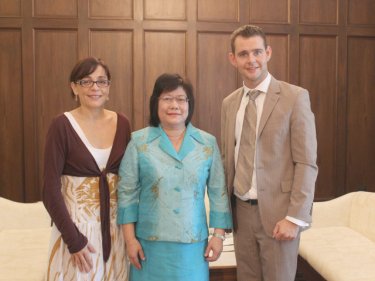
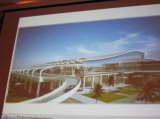


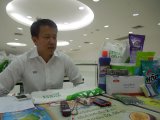

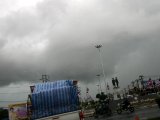
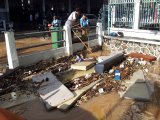
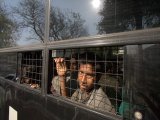

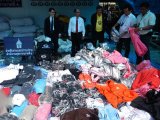
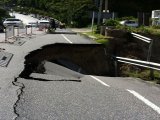
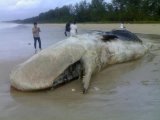



The headline begs the question,'Sustainable' Tourism Or Perish ?
I say perish as you have destroyed all that could be called natural here. Now we have a concrete jungle with all the natural disasters waiting to happen. You killed the golden goose.
Posted by DunB on August 24, 2012 10:40